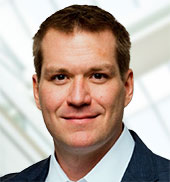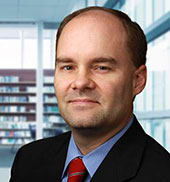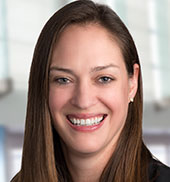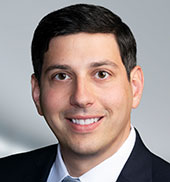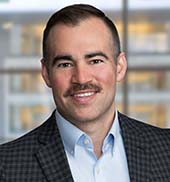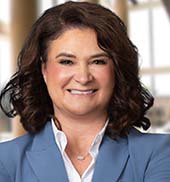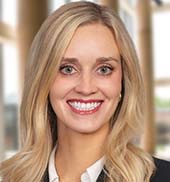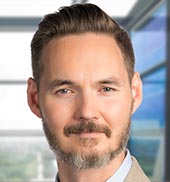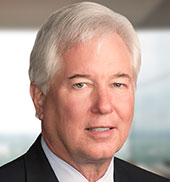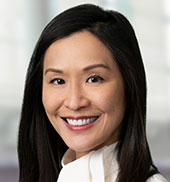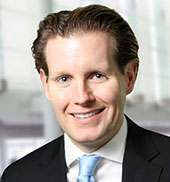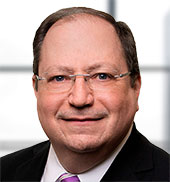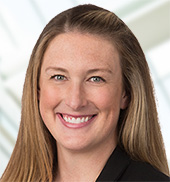Earlier this year, the U.S. Department of Education’s new “gainful employment” or “GE” regulations finally took effect. As REGucation readers know, the GE regulatory framework includes reporting, disclosure, and certification requirements, as well as two “debt-to-earnings” ratios intended to assess whether a program offers a reasonable return on investment. Generally speaking, the GE regulations apply to all Title IV eligible non-degree programs offered by public and private, non-profit institutions (e.g., diploma programs, graduate certificate programs), and all Title IV eligible programs offered by for-profit institutions.
While most of the administrators with whom we speak are familiar with the fundamentals of the GE requirements, we still regularly encounter confusion regarding whether and why the regulations apply only to certain types of programs. About this time last year, we published a post discussing the application of the gainful employment regulations to programs offered by public and non-profit institutions, in which we partially addressed this issue. But that blog stopped short of delving into the legal basis for the distinction. The purpose of this post, then, is to examine why the GE regulations only apply to some programs, and not others.
The answer is found in the definition of an “eligible program,” located at 34 CFR 668.8. In order for a student to receive federal financial aid funds for attending a program, among other things, the program must be an “eligible program” under the law. There is not, however, a single definition of “eligible program” for all institutions. Rather, there is one definition for public and private, non-profit institutions and another for proprietary institutions.
Pursuant to 34 CFR 668.8(c), an “eligible program” at a public or private, non-profit institution must:
(1) Lead to an associate, bachelor's, professional, or graduate degree;
(2) Be at least a two-academic-year program that is acceptable for full credit toward a bachelor's degree; or
(3) Be at least a one-academic-year training program that leads to a certificate, or other non-degree recognized credential, and prepares students for gainful employment in a recognized occupation.
If a public or private, non-profit institution desires its program to be Title IV eligible, the program must fit into one of the three categories detailed above. Of course, if the program does not fit into the first two categories, then the only remaining option is to fit into the last category. And to qualify to fit into the last category, the program must satisfy the “gainful employment” element of the definition. Because non-degree programs offered by public and private, non-profit institutions will only fit into the third category described above, such programs are required to demonstrate that they comply with the new gainful employment framework. Degree programs, in contrast, are free and clear.
For a proprietary institution, 34 CFR 668.8(d) sets out the definition of an “eligible program.” Under this definition, which is different from the definition that applies to public and private, non-profit institutions, a program must fit into one of four categories to qualify as Title IV eligible. Significantly, three of the four “eligible program” categories available to for-profit institutions include the gainful employment language noted above, and virtually every program offered by a for-profit institution, degree or non-degree, will fall into one of these three categories.
Indeed, the only eligible program category available to for-profits that does not include the gainful employment language is very limited in scope, applying solely to programs “leading to a baccalaureate degree in liberal arts” that are “provided by an institution that is accredited by a recognized regional accrediting agency or association, and has continuously held such accreditation since October 1, 2007, or earlier” and that “the institution has provided continuously since January 1, 2009.”
Thus, whether a program is covered by the gainful employment regulations turns on whether it qualifies as a Title IV eligible program by fitting into a category of “eligible program” that includes the gainful employment language. And the reason the outcome differs between public and private, non-profit institutions, on the one hand, and for-profit institutions, on the other, is because the categories of “eligible program” that are available differ for each type of institution.
Those seeking additional guidance regarding which programs are covered by the gainful employment regulations should review Electronic Announcement #53, released this past May, in which the Department updated its guidance on this topic.
Aaron Lacey is a partner in Thompson Coburn’s Higher Education practice, and editorial director of REGucation. You can find Aaron on Twitter (@HigherEdCounsel) and LinkedIn, and reach him at (314) 552-6405 or alacey@thompsoncoburn.com. Special thanks to summer associate Jesse Doggendorf, who contributed significantly to this post.


